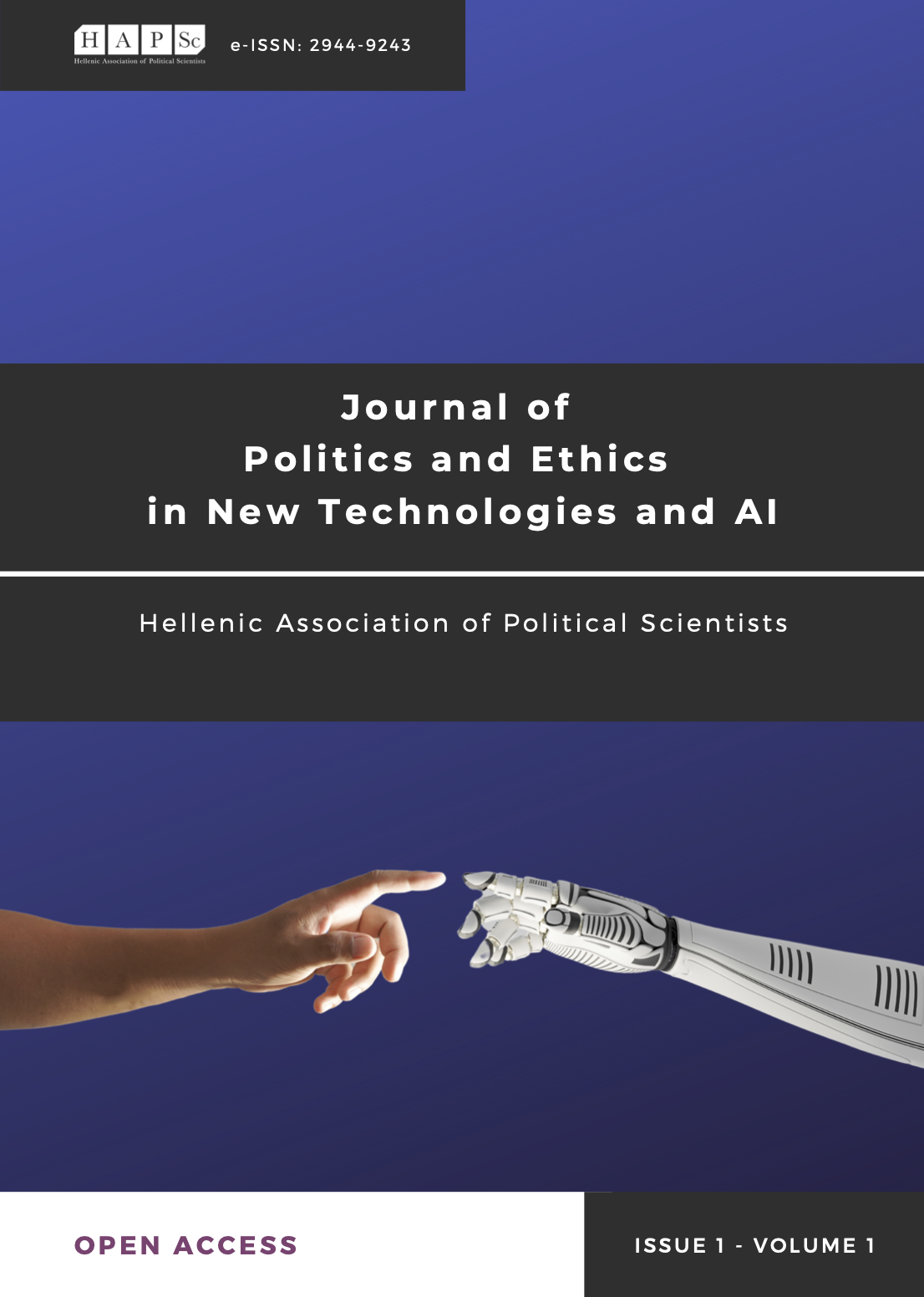Digital Democracy and Disinformation: The European Approach to Disinformation on Social Media in the Case of 2019 European Parliament Elections

Abstract
This policy paper offers a brief overview of the hazards for digital democracy stemming from AI and digital tools and how the EU tackled online disinformation social media ahead of the 2019 European Parliament elections. The advent and introduction of social media into the political sphere has had a profound and substantial effect on Europe’s electoral processes affecting both voting behavior and the underlying factors that influence it. Whereas malicious actors often participating in disinformation have led to growing calls for reforms, this phenomenon has been most pronounced in the 2019 European parliament elections which saw an unprecedented reliance on digital media within the political process. Specifically, the European actors faced negative stemming from the scale of the vote and the algorithms and the attention-based business models used by the social media platforms. To meet these challenges, the EU not only employed legal and social means (e.g., the 2019 Action Plan Against Disinformation) but also created new initiatives focused on tackling disinformation (e.g., the Rapid Alert System). Notably, in an unprecedented manner, the EU also included the private sector in the process. As the paper argues, although its limitations, AI is an important tool for aiding the democratic process and tackling disinformation; however, a self-regulating approach favors the success of these endeavors.
Article Details
- Section
- Research Articles
Authors retain copyright and grant the journal right of first publication with the work simultaneously licensed under Creative Commons 4.0 (CC-BY 4.0) license, that allows others to share the work with an acknowledgement of the work's authorship and initial publication in this journal.





